(Fatherland) - The wedding customs of the Dao Tien ethnic group are not simply the marriage of a couple, but have a greater meaning as the traditional culture of the ethnic group, with its own unique characteristics, carrying many profound meanings, educating about the love between husband and wife, family, and clan.
Performed by: Bao Trung | December 9, 2024
(Fatherland) - The wedding customs of the Dao Tien ethnic group are not simply the marriage of a couple, but have a greater meaning as the traditional culture of the ethnic group, with its own unique characteristics, carrying many profound meanings, educating about the love between husband and wife, family, and clan.
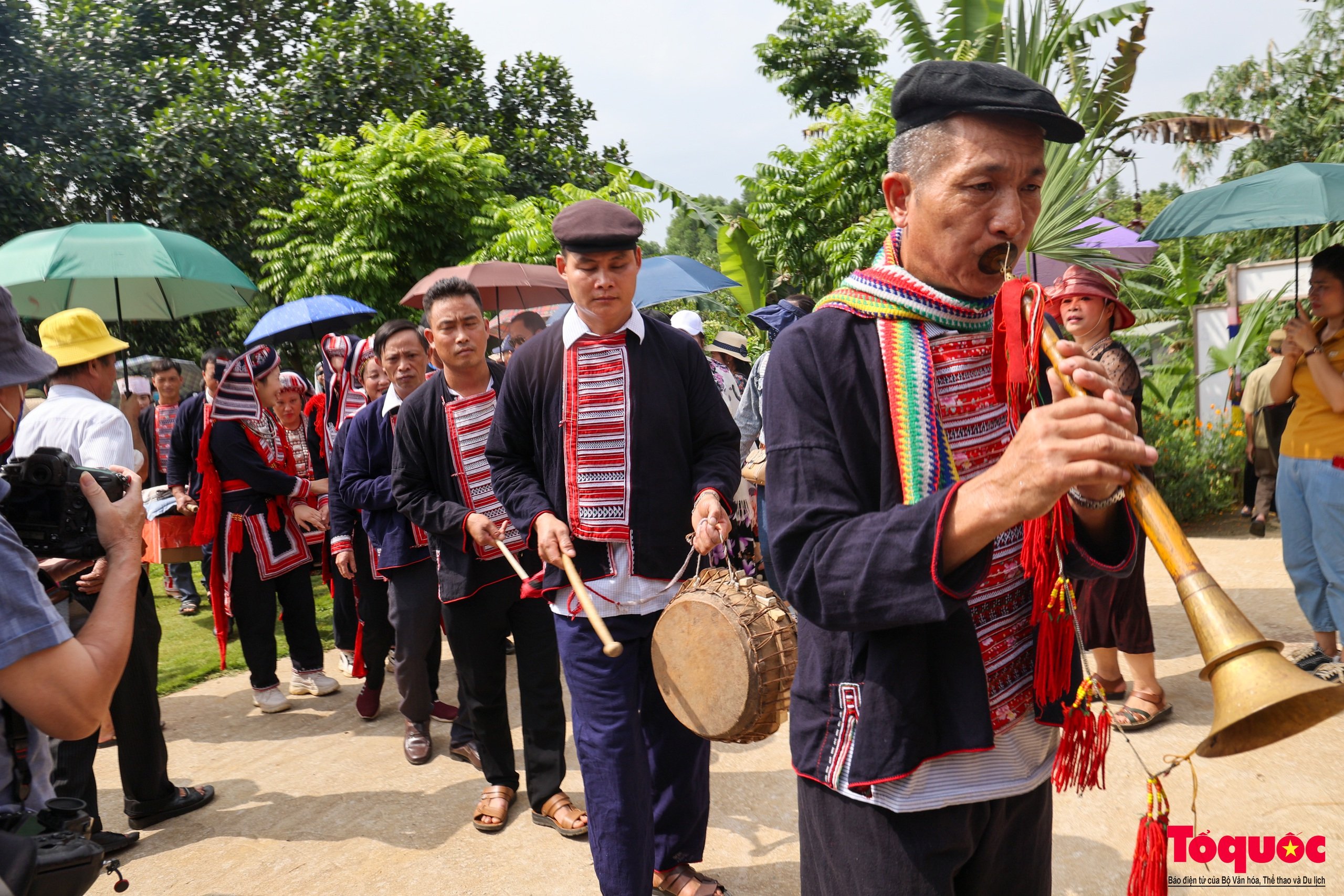
The Dao people in Son La still preserve many traditional customs and practices, especially the rituals that mark the cycle of human life, including weddings. The Dao people believe that marriage has special significance for individuals, families and clans.
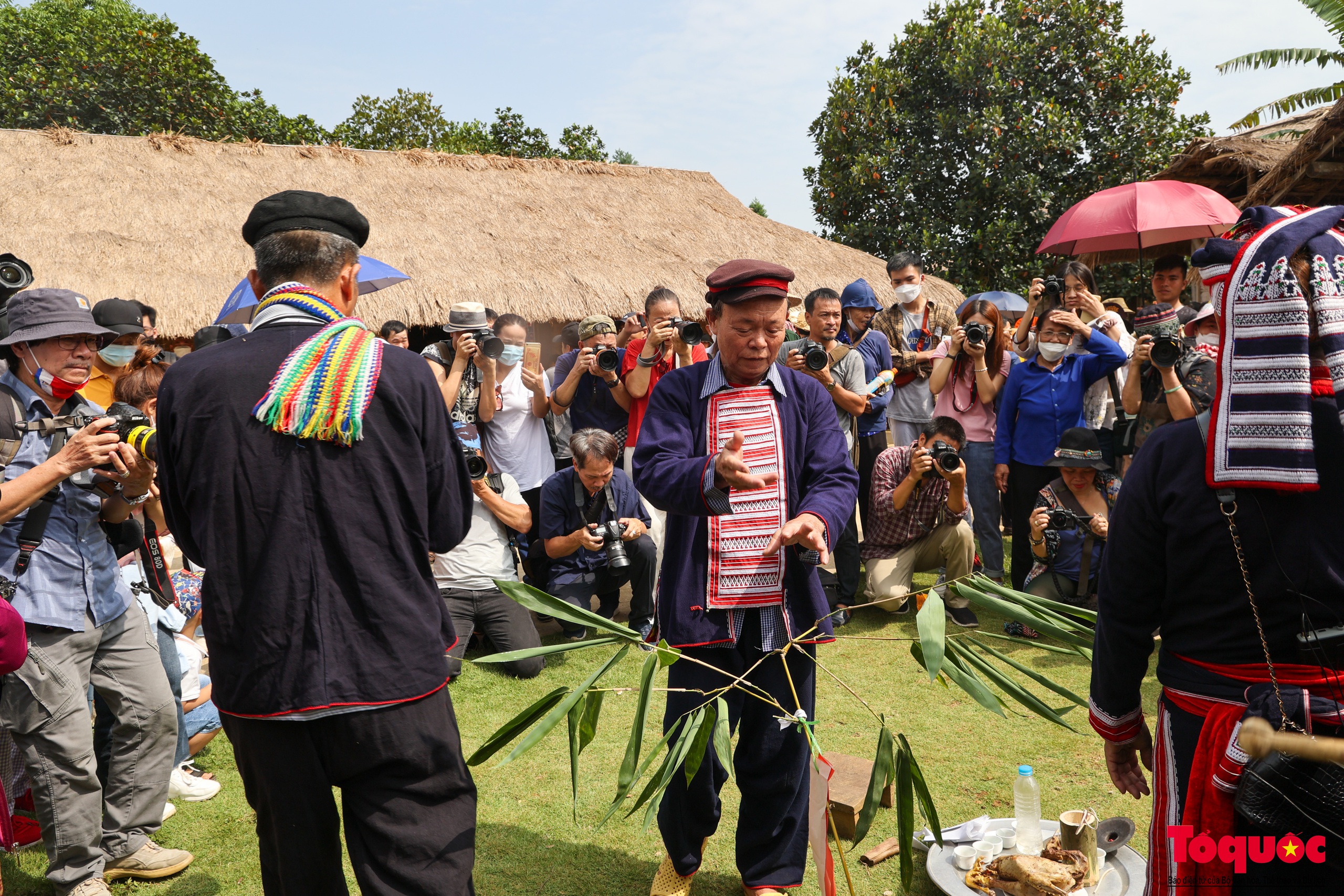
Traditional marriage is monogamous with the principle of same-race marriage, exogamy, and after marriage, residing with the husband's family.
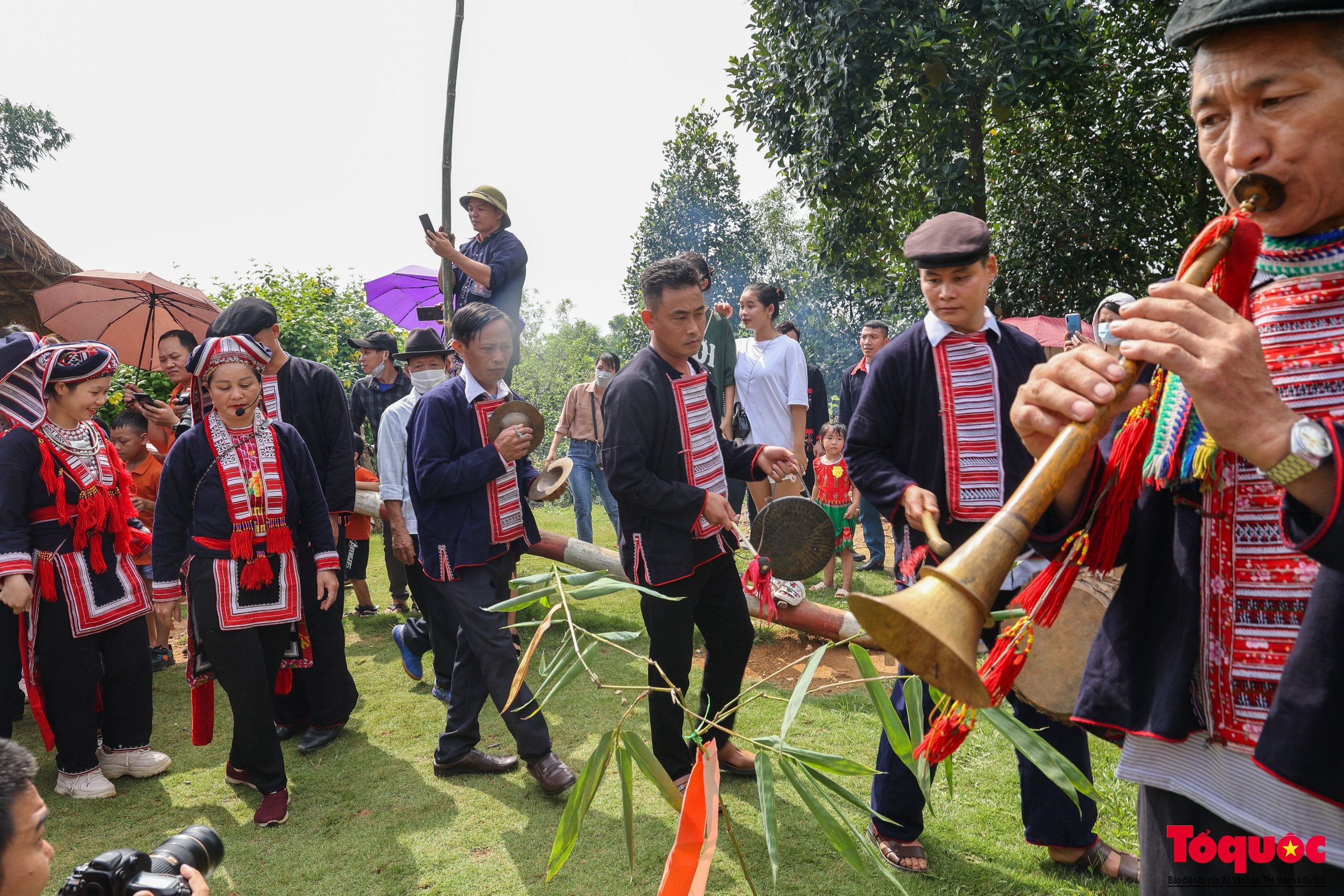
The traditional ceremony of the Dao Tien people includes the engagement ceremony (checking the bride's and groom's ages) and 3 main ceremonies: the bride requesting ceremony, the marriage registration ceremony and the bride's marriage registration ceremony, mainly performed at the bride's house.
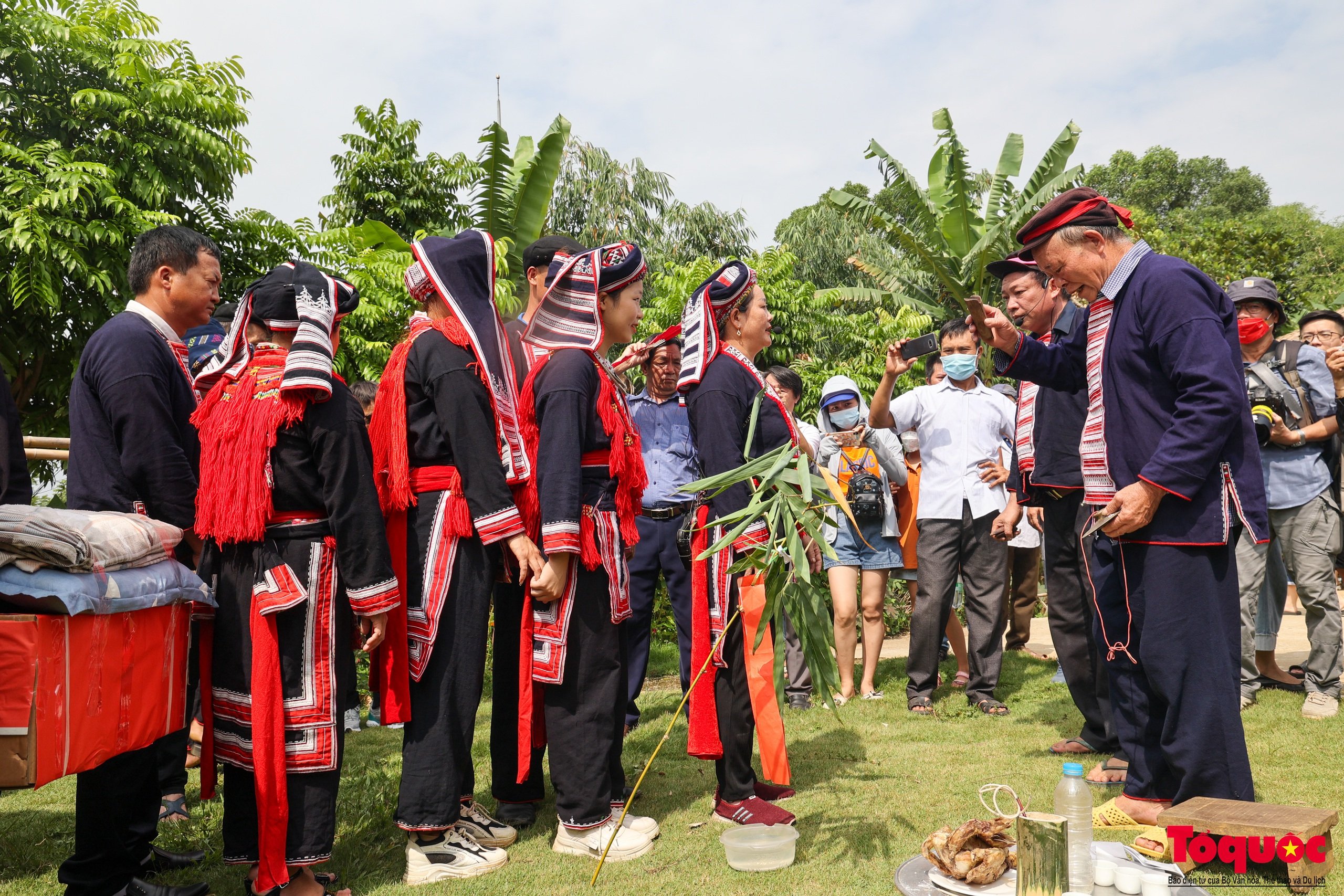
The Dao people attach great importance to choosing the wedding date and the ages of the bride and groom. If the couple are compatible in age, the son will occasionally go to the bride’s family to help with the fields, garden, and housework for a day or a few days over a period of 3 days to 3 months, as a way to repay his parents-in-law for raising their daughter to marry him.
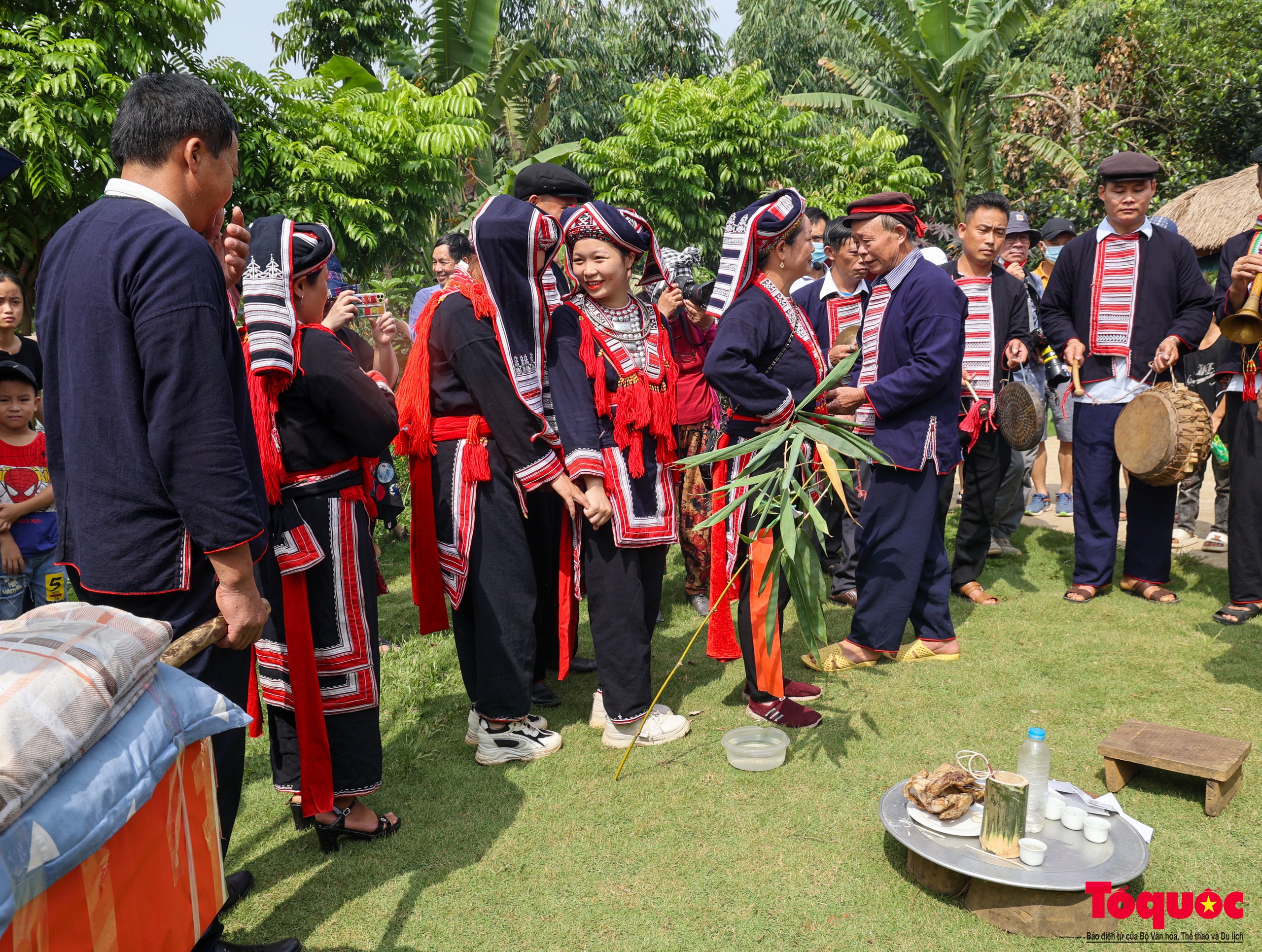
This is also the time to wait for the shaman to choose the wedding date and to see if the bride's family approves of the future groom.
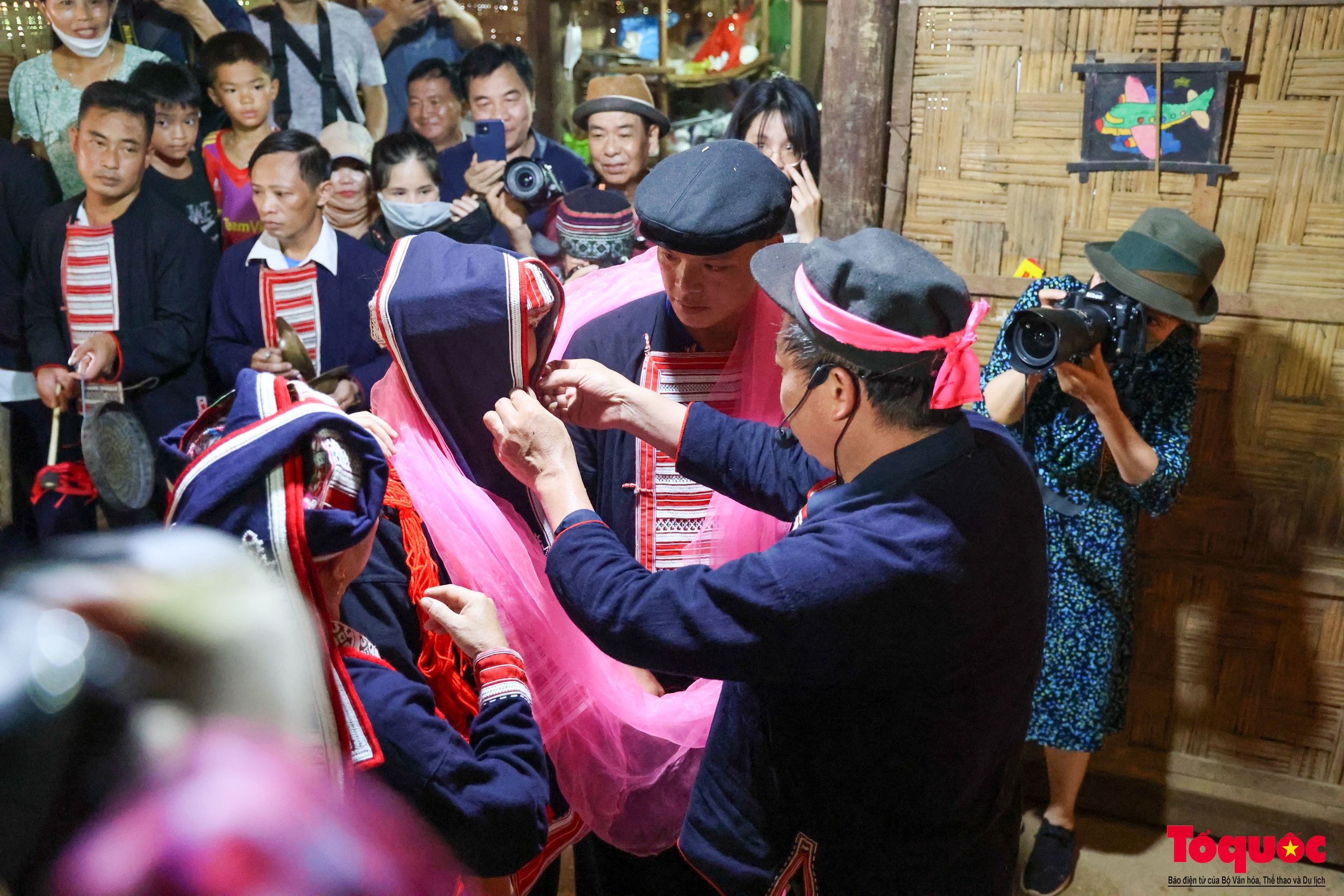
In the past, due to difficult conditions, many families who could not hold a wedding ceremony still went through the procedures for the bride and groom to live together. When they were old and still had not completed the wedding procedures, their children had to organize the wedding for their parents. If they did not, they were considered immature and could not represent other families in the wedding. The couple were old enough to register their marriage and live together, had children, but still lived with the bride's family until the wedding day.
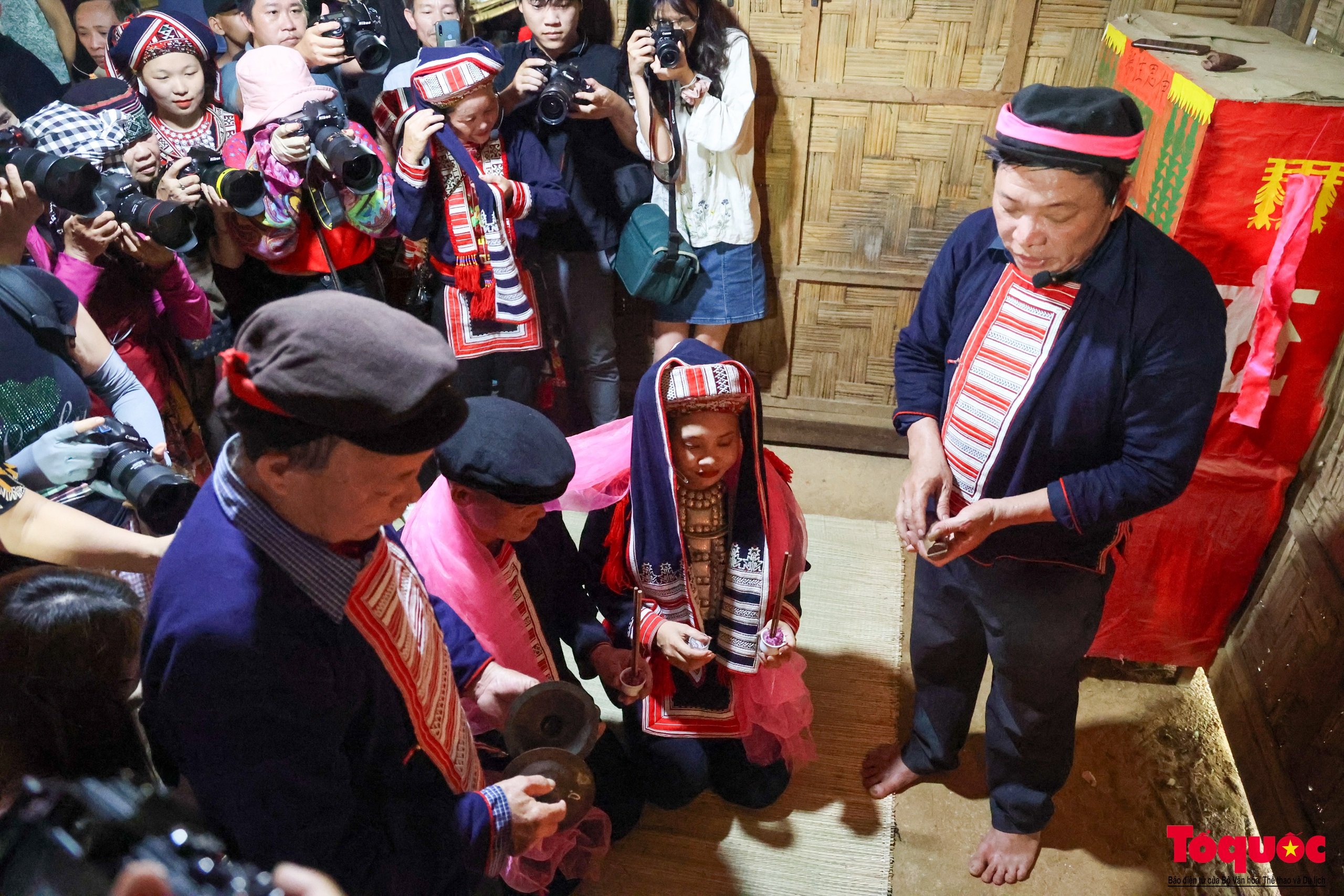
The groom's family prepares the offerings to bring to the bride's family, placing them in the middle of the house for two shamans to perform a ceremony to report to the groom's ancestors, asking permission to bring the wedding offerings to the bride's family. The groom's family sends at least 10 men and women to bring the offerings to the bride's family (including the groom), and also stay to serve the wedding at the bride's house. The bride's family welcomes the groom's family to sleep, perform the ceremony of cutting the family register, and entering the family register for the bride.
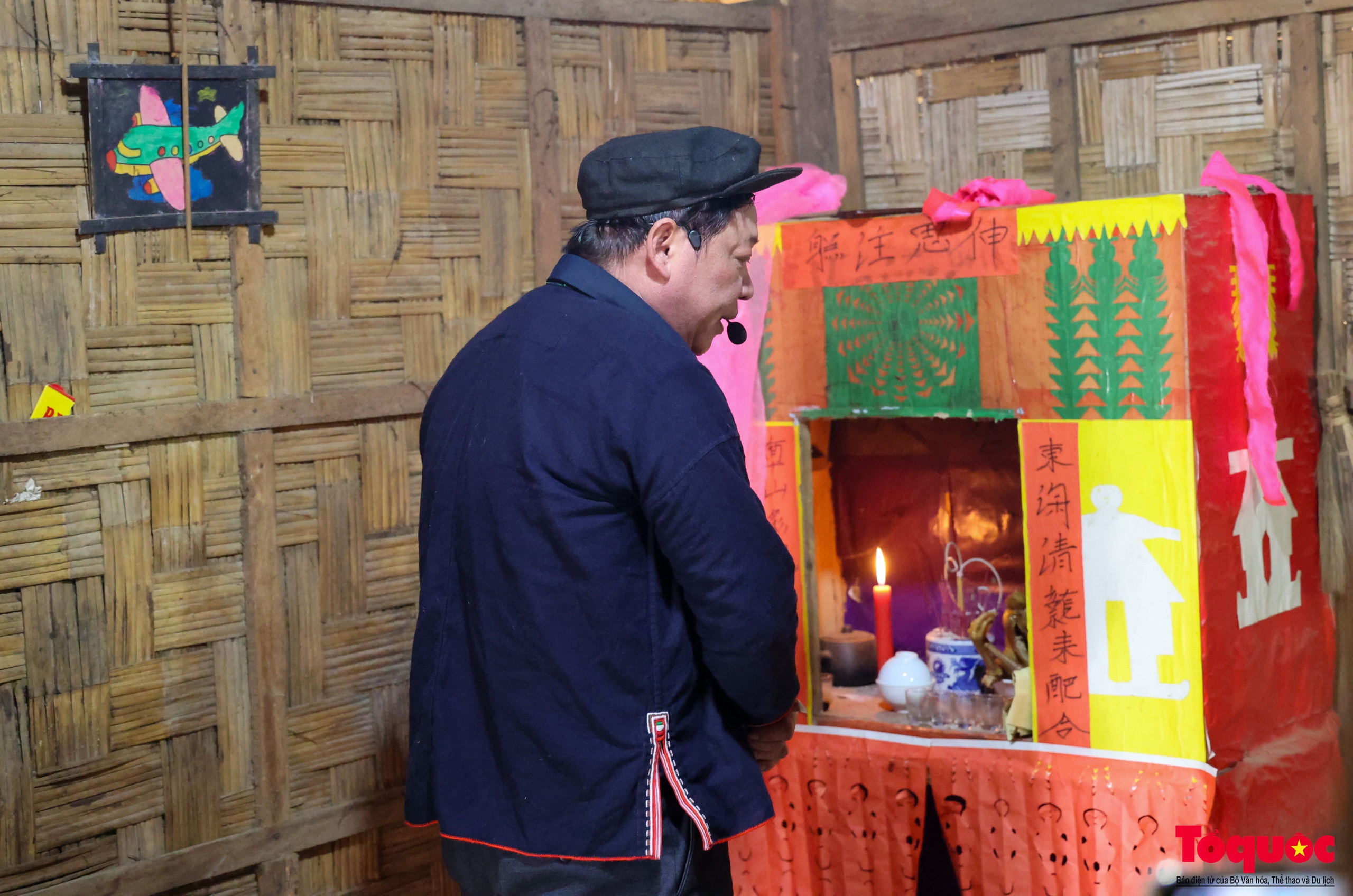
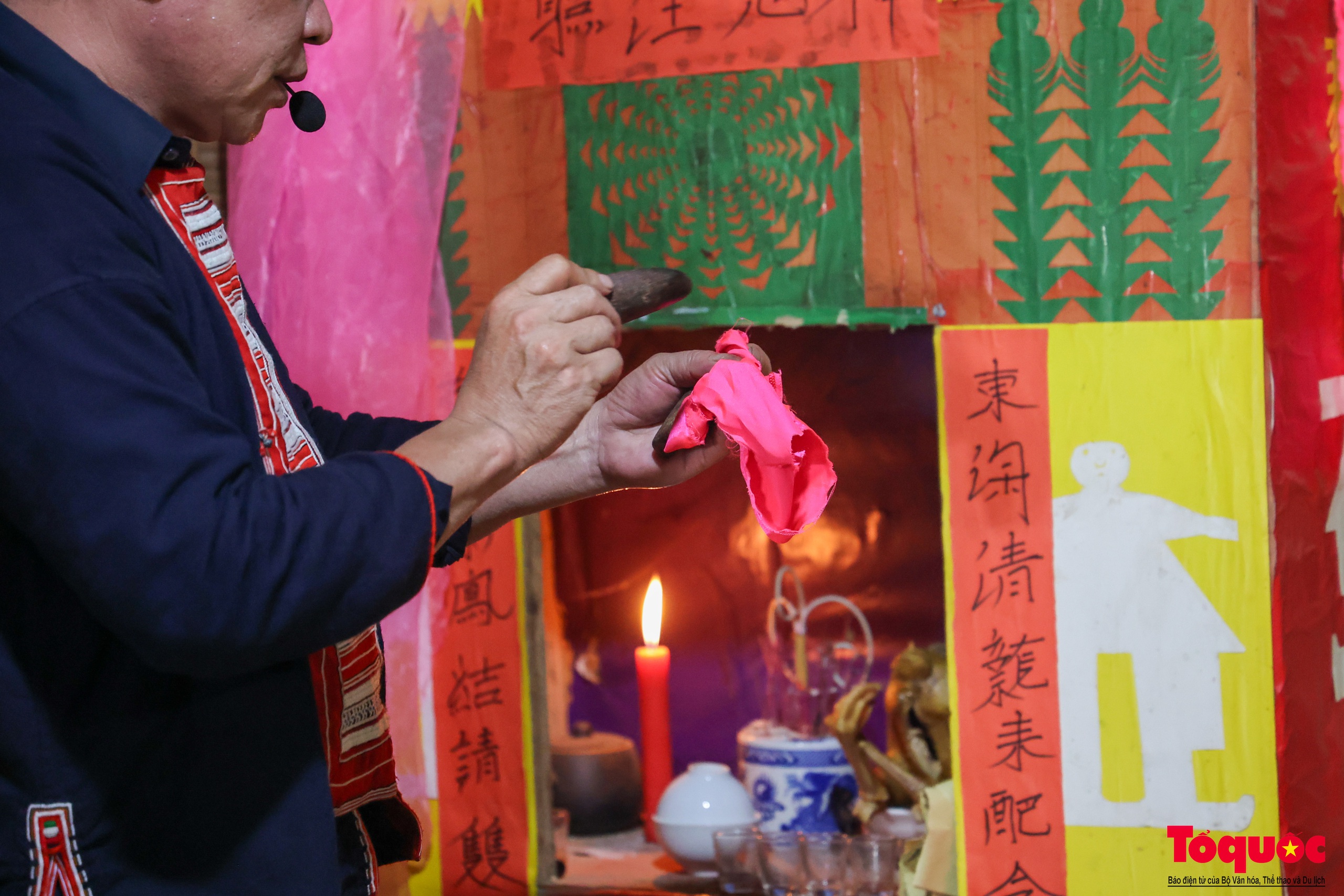
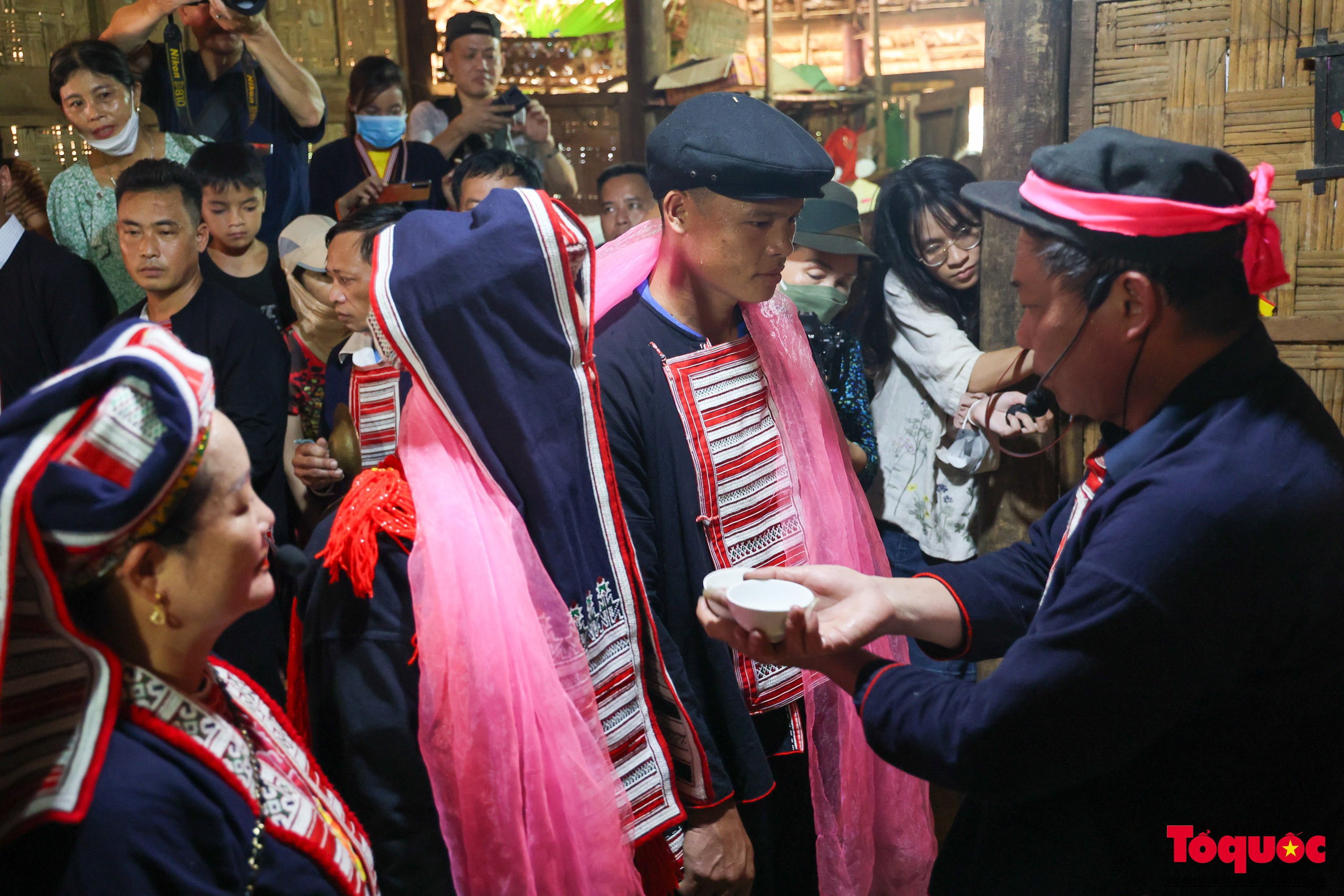
After the ceremony in front of the ancestral altar, the bride officially became a member of the groom's family. The family prepared a feast and invited relatives and villagers to join in the fun. While the two families ate together in the yard, the trumpet and drum team continued to come to each table to play songs to invite, wish good health, and exchange thoughts and feelings. When the bride's family left, the trumpet and drum team played the song to greet and wish the guests a safe journey.
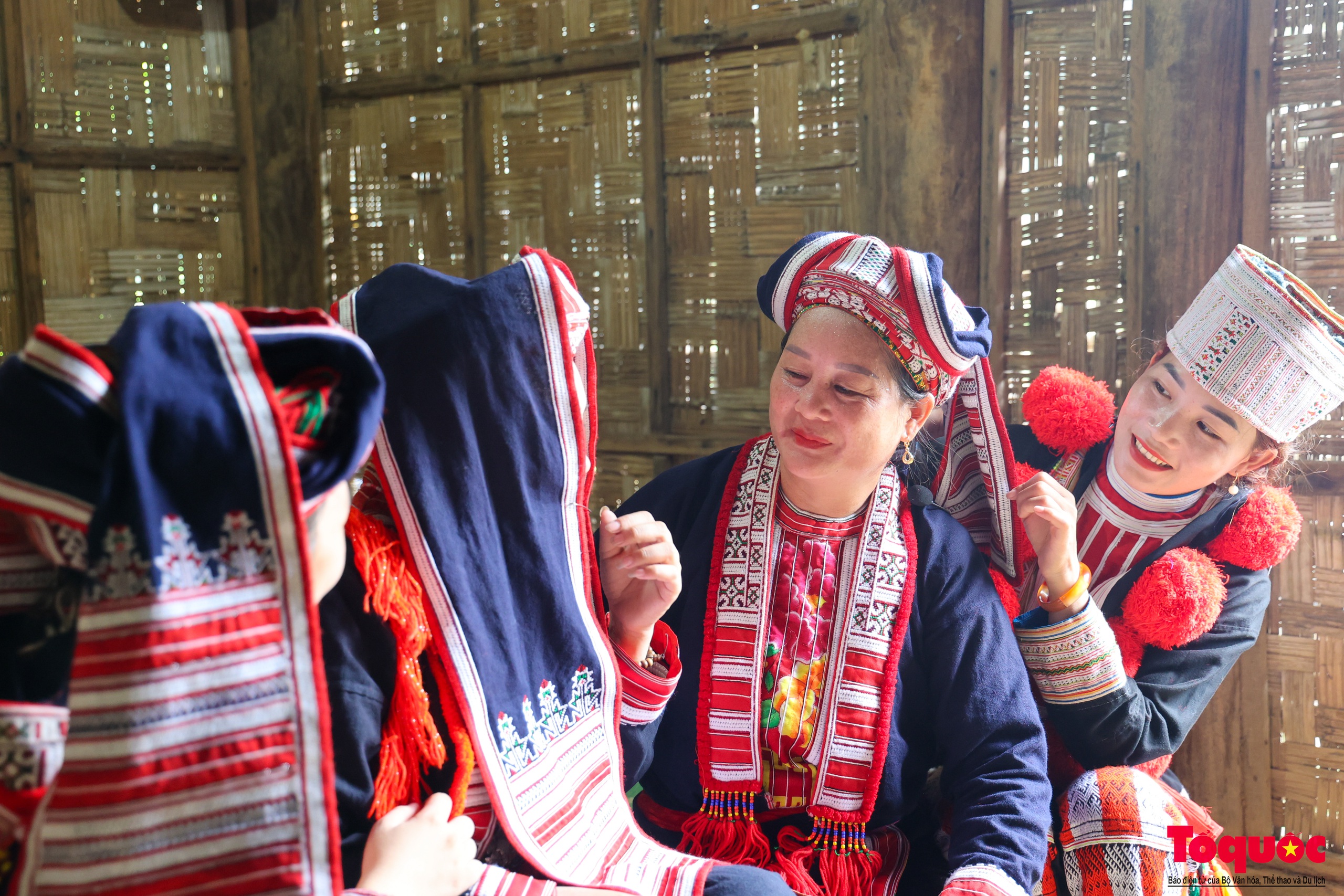
Meritorious artist Trieu Van Theu (Lao Cai) shared: “The wedding ceremony of the Dao people in the Northwest region is an important event in the life of each person, each family, and clan, marking the maturity of Dao boys and girls. At the same time, it is a ceremony that brings together the quintessence of Dao ethnic culture such as costume culture, customs, practices, rituals, cuisine, music ... All of which exude the unique and distinctive features of Dao culture. In the wedding ceremony of the Dao people, traditional rituals are essentially linked to the human concepts of the people here, which are the desire for happiness as a couple, the connection of husband and wife's feelings, and the belief in a bright future."
Source: https://toquoc.vn/doc-dao-tuc-cuoi-hoi-cua-nguoi-dao-tien-20241209105008269.htm



![[Photo] Binh Trieu 1 Bridge has been completed, raised by 1.1m, and will open to traffic at the end of November.](https://vphoto.vietnam.vn/thumb/1200x675/vietnam/resource/IMAGE/2025/10/2/a6549e2a3b5848a1ba76a1ded6141fae)




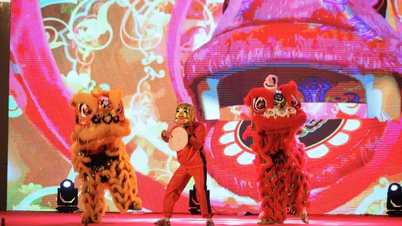

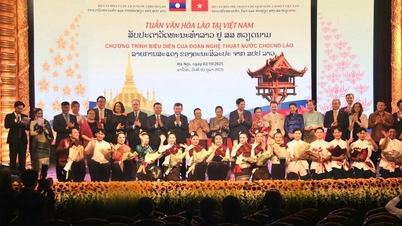

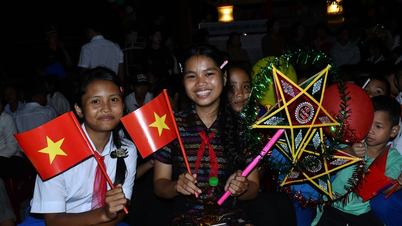

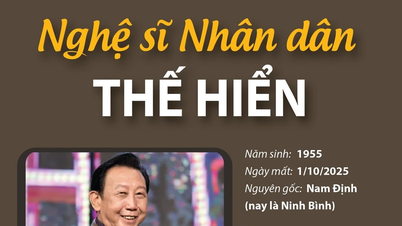

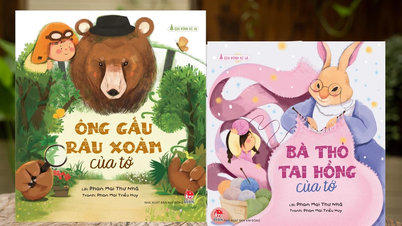
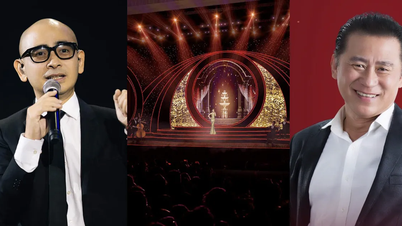






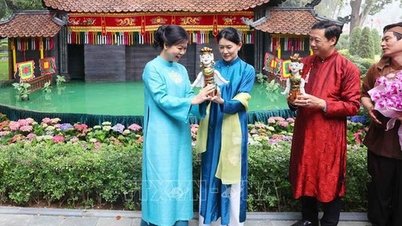
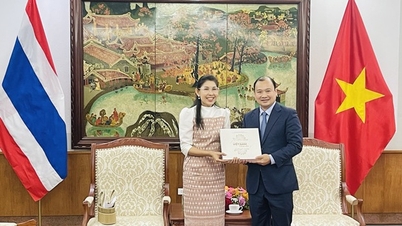
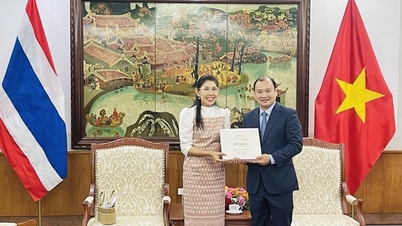

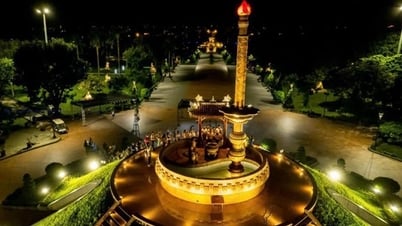















































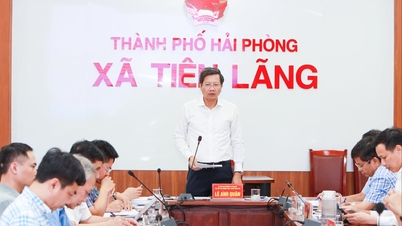
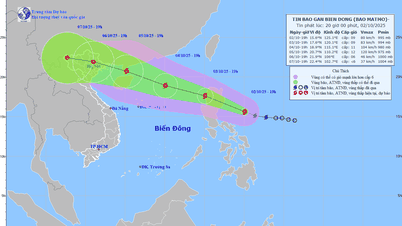


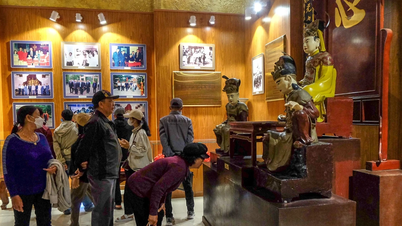

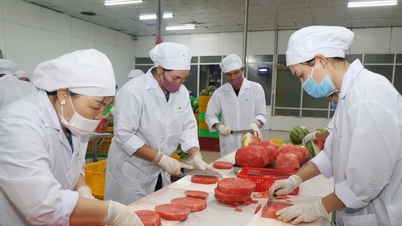

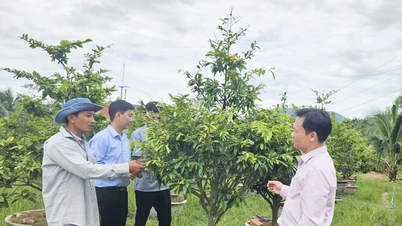













Comment (0)